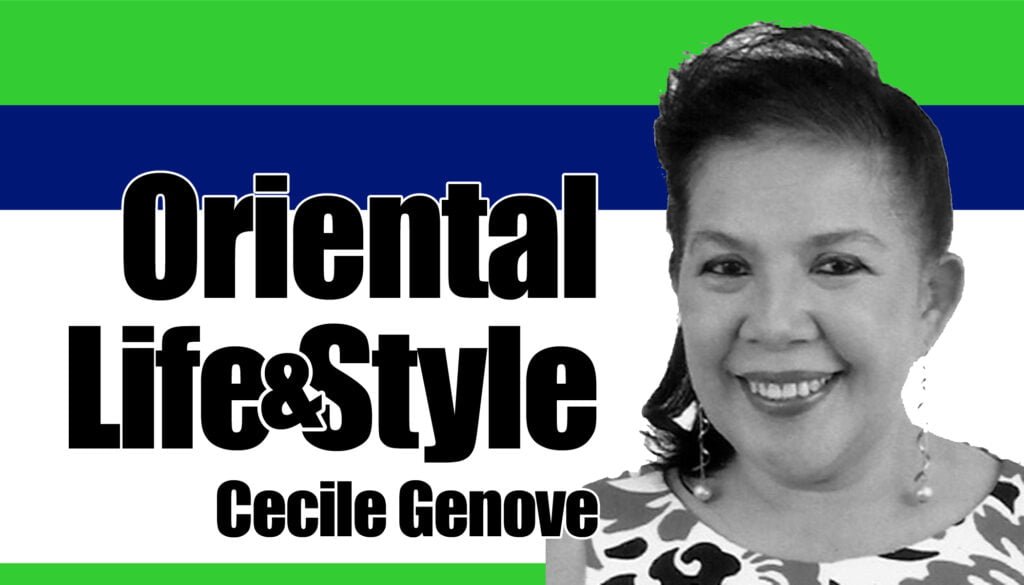
Joseph Edward “Jed” Alegado, MA, MPM, Silliman University visiting researcher and a Ph.D. candidate in the Resource, Environment and Development Group at the Crawford School of Public Policy, Australian National University (ANU), stressed the importance of finding imperatives for a zero-waste future through community cases of zero-waste initiatives instead of waste-to-energy solutions (e.g., pyrolysis machines) in his lecture at the Dr. Mariano and Lina Lao Hall on January 24.
Alegado’s lecture titled, “Rethinking Alternative Development in the Philippines: Zero Waste Community Sites as a Case of Degrowth” is part of his ongoing Ph.D. research in ANU, which aims to understand the prospects and challenges for degrowth in the Philippines in places like Dumaguete and Siquijor.
Some of these zero-waste initiatives, Alegado suggested, involve not only individual lifestyle changes – from bringing eco-bags when running grocery errands, using reusable straws, to proper waste segregation at home – but also macro-level, community-directed changes that look at waste from a whole lifecycle approach, such as organizing movements or alliances founded on environmental justice principles, analyzing material flows and questioning the effects of capitalism, and bottom-up participatory processes from the barangay, city, and the provincial levels while upholding the ideals of democratic participation.
Alegado also talked about the concept of “degrowth,” which he said stems from a fundamental recognition that economic growth entails pushing the boundaries of ecological limits. It asks whether “economic” growth is sustainable and interrogates the colonial roots of “development.” It also recognizes and critiques the direct structural relationships between the Global South and the Global North, with degrowth scholars proposing “equitable downscaling of production and consumption that increases human wellbeing and enhances ecological conditions at the local and global level, in the short and long term.”
The lecture was hosted by the Research and Innovation Office (formerly Research and Development Center) under director Dr. Enrique Oracion, the Dr. Mariano Lao Global Studies Center under director Dr. Dave Marcial, and the Institute of Environmental and Marine Sciences spearheaded by adjunct professor Dr. Jorge Augustin Emmanuel.
Other institutional partners for the event include the School of Public Affairs and Governance (SPAG), College of Arts and Sciences (CAS), College of Business Administration (CBA), War On Waste (WOW) Negros Oriental, Silliman University Student Government (SUSG) Environment Committee, and Zero Waste Youth Negros Oriental.
Dr. Earl Jude Paul Cleope, vice president for academic affairs, also spoke about the importance of institutional and personal partnerships, acknowledging “the valuable contributions visiting researchers make to the academic community” as a way “to affirm our collective dedication to the pursuit of knowledge.”
“I believe that higher education institutions have a pivotal role to play in fostering this alternative thinking, especially in the development of the city and province,” Alegado said in an interview after the event when asked what schools and universities can do.
“People listen to them. Policymakers listen to them. They can bridge the gap between doing research on these issues and bringing these issues outside the so-called ivory tower,” said Alegado.
Alegado’s lecture could not have come at a better time. January is International Zero Waste Month, and non-profit organizations like the Global Alliance for Incinerator Alternatives (GAIA), which endorsed the SU Visiting Researcher’s lecture, continue to offer practical solutions to combat the challenges of waste management and environmental protection. This year, GAIA’s theme is “#ChooseReuse: A Pathway for a Just Zero Waste Future.”
Alegado first came to Dumaguete and Siquijor in October 2023 to conduct his fieldwork, interviewing locals and city and community officials. Among the communities he visited are the five (5) zero-waste barangays in Dumaguete (Looc, Piapi, Bantayan, Calindagan, and Banilad) and a few barangays in all six municipalities in Siquijor. He is set to return to Manila this month to begin data interpretation.
More than 100 combined onsite and online (via Zoom) participants joined the event. | NWI



